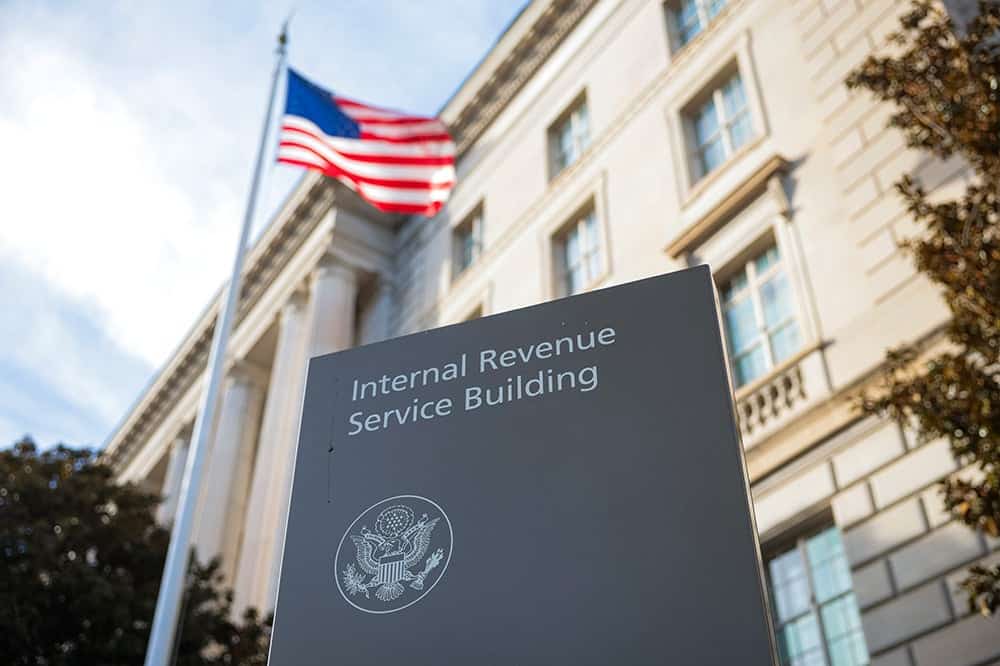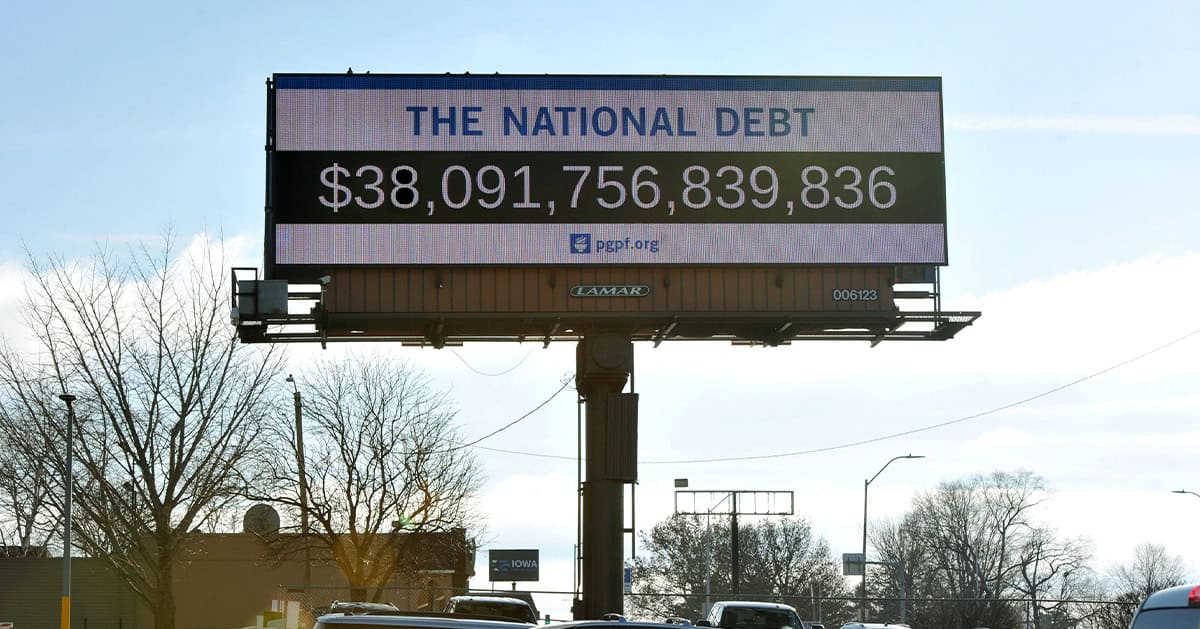Peterson Statement on Senate Infrastructure Bill and CBO Score

NEW YORK — Michael A. Peterson, CEO of the Peter G. Peterson Foundation, commented today as bipartisan infrastructure legislation advanced to a final vote in the U.S. Senate, and following the release of the Congressional Budget Office analysis of the deficit effects of the bill:
“This bill has been formed through constructive, bipartisan policymaking and includes important investments in our economy, but it falls short of being fiscally balanced. While it is commendable that there has been a serious effort to pay for new spending, CBO’s analysis shows how the bill is not fully offset. Looking forward, lawmakers should take additional time to engage on the many well-known options they have to strengthen the bill and fully pay for their priorities. With $13 trillion of borrowing already coming over the next ten years, we should not be handing more debt to the next generation.”
# # #
Further Reading
The United States Collects Less Tax Revenue Than Other G7 Countries
The U.S. collects less tax revenues compared with other G7 countries, and that lower level of revenues is a key driver of the national debt.
Energy Tax Policy Under the OBBBA
As part of the OBBBA, lawmakers rolled back existing energy tax incentives in order to partially offset the bill’s deficit impact.
Top 10 Reasons Why the National Debt Matters
At $38 trillion and rising, the national debt threatens America’s economic future. Here are the top ten reasons why the national debt matters.


